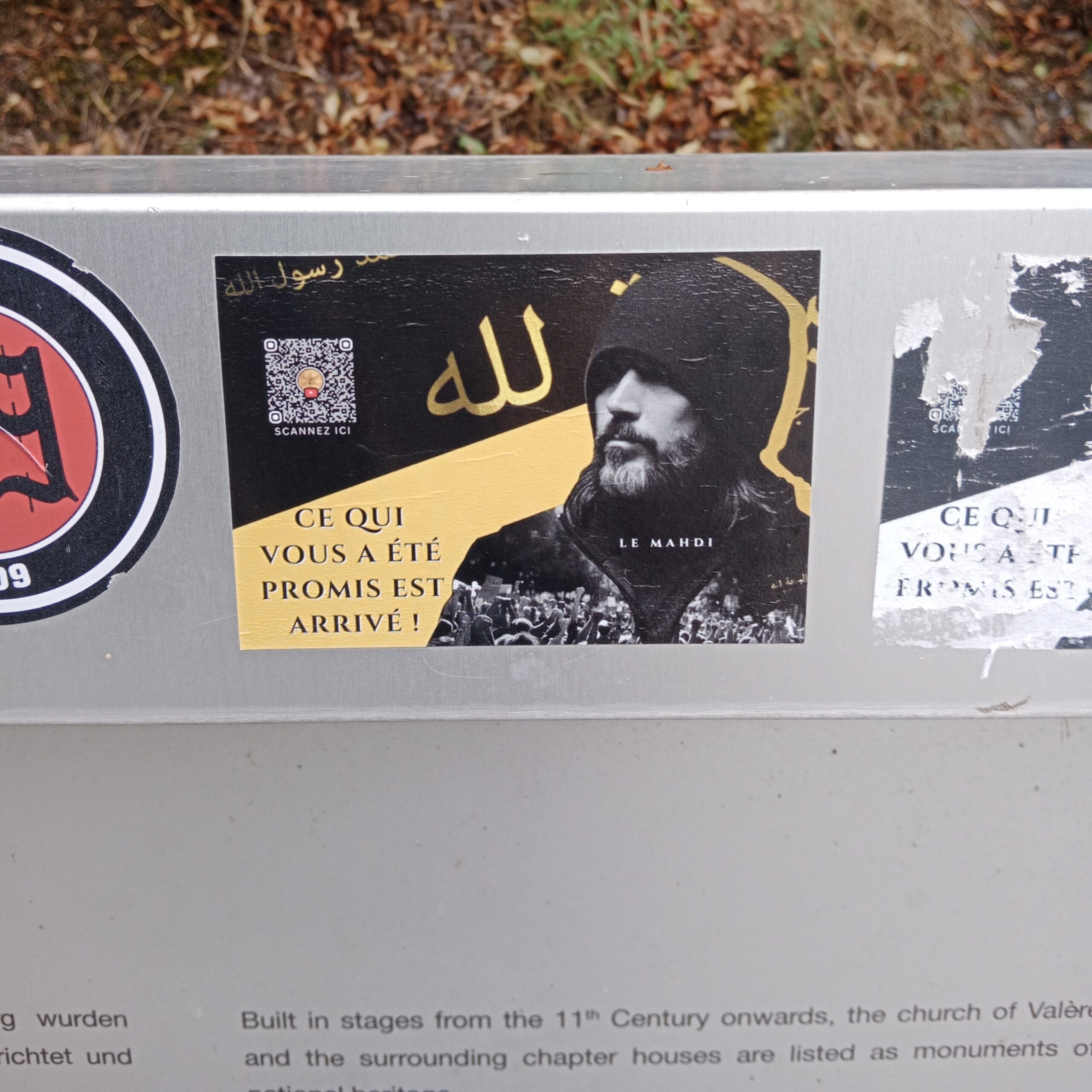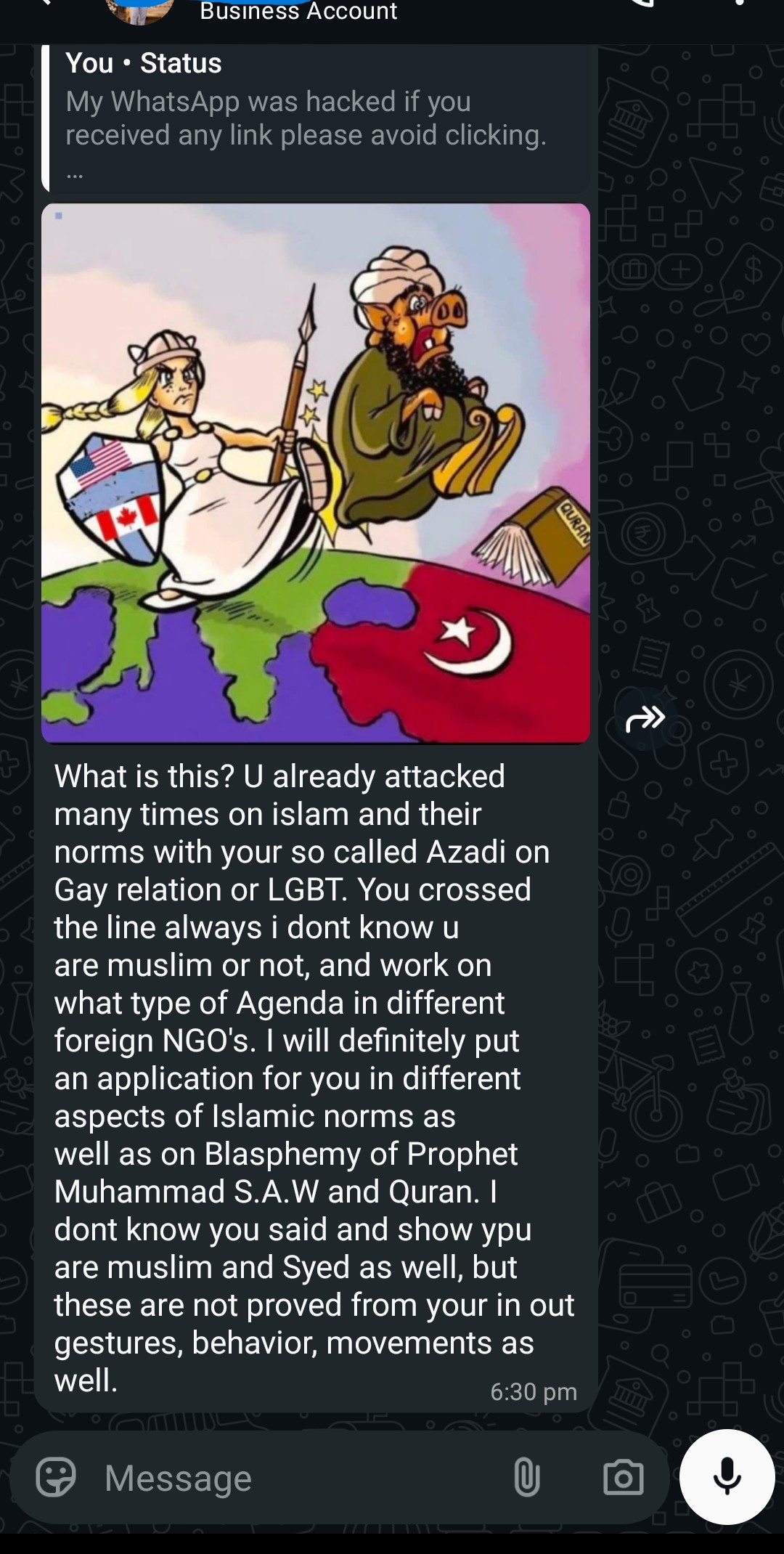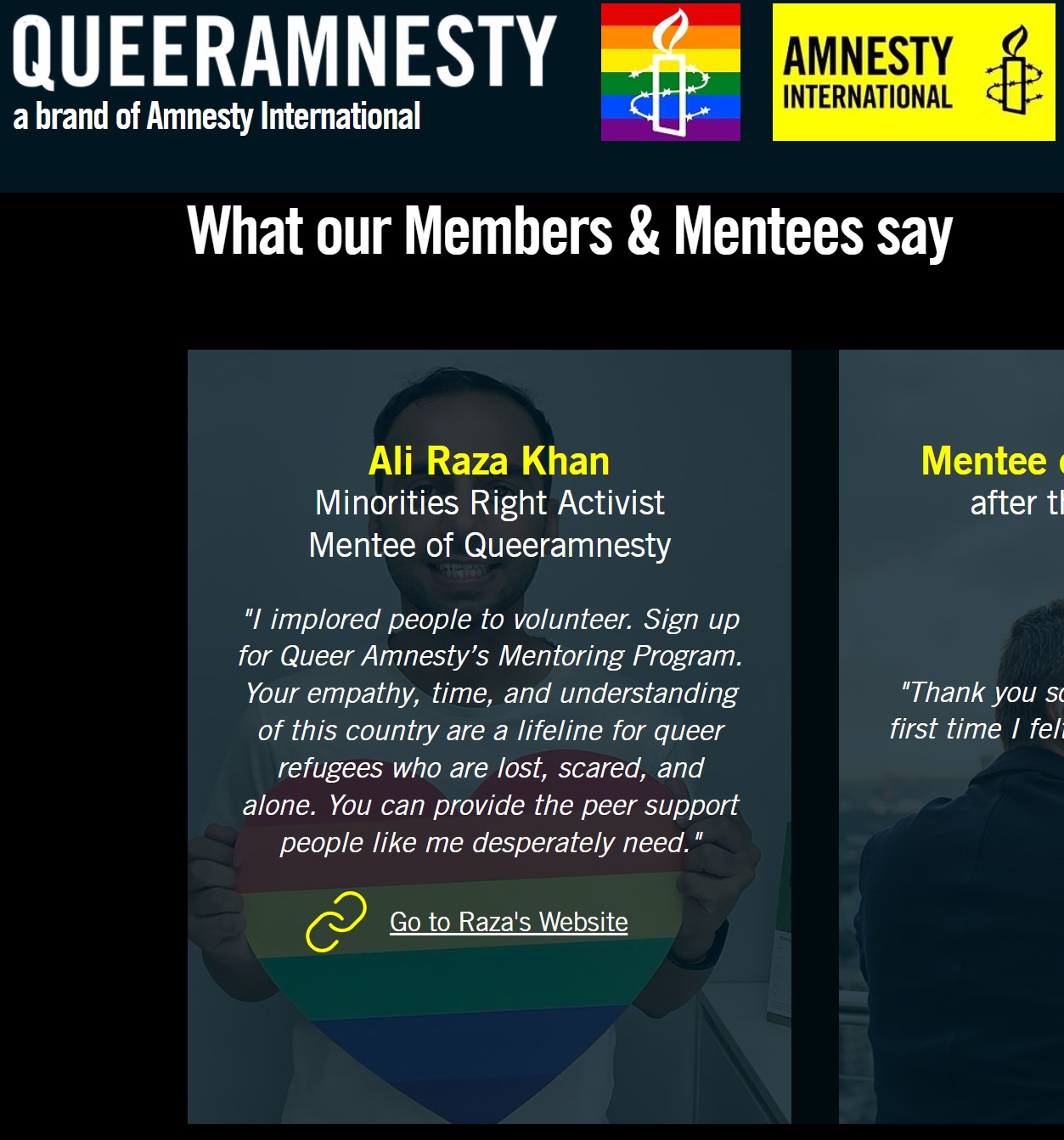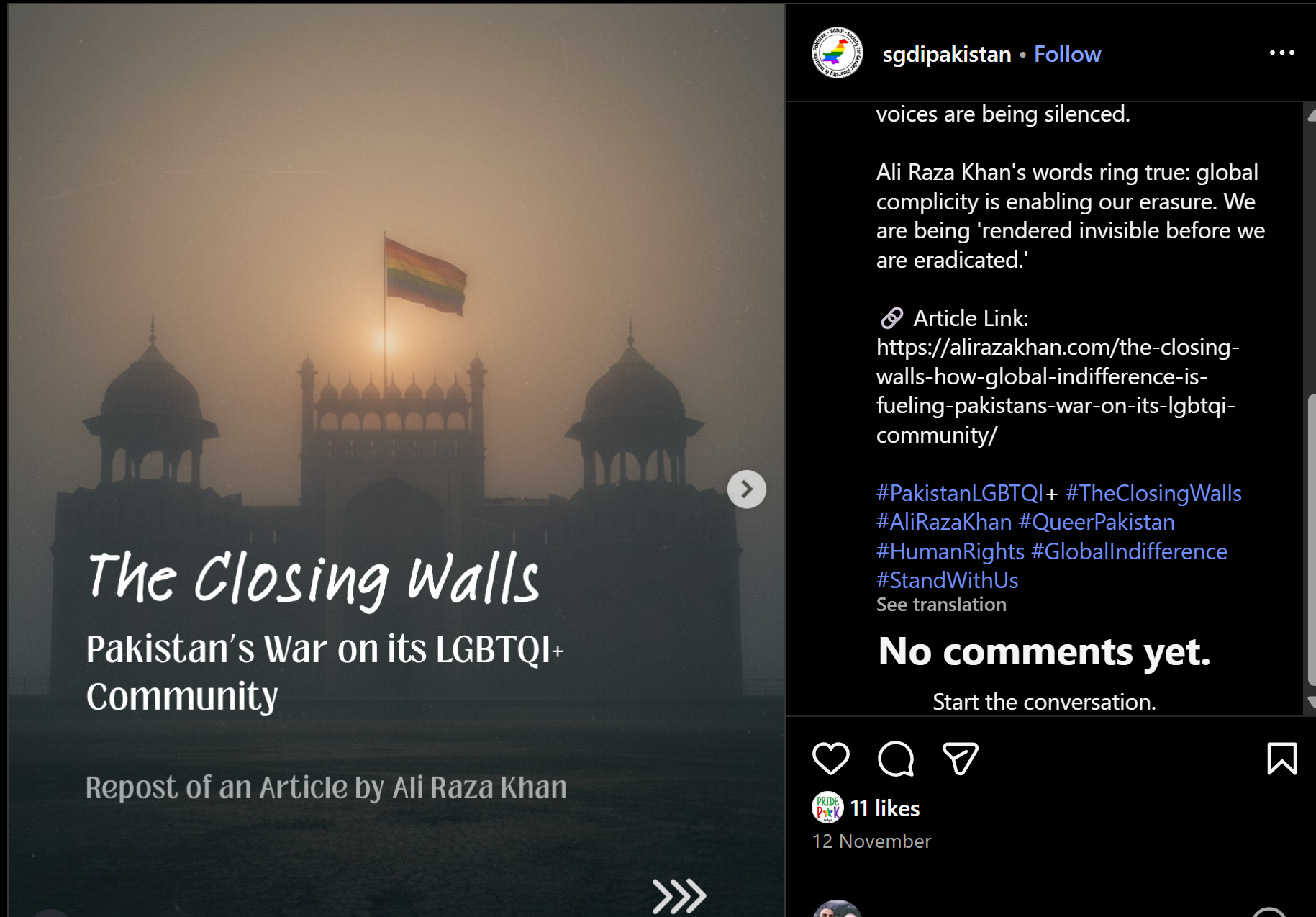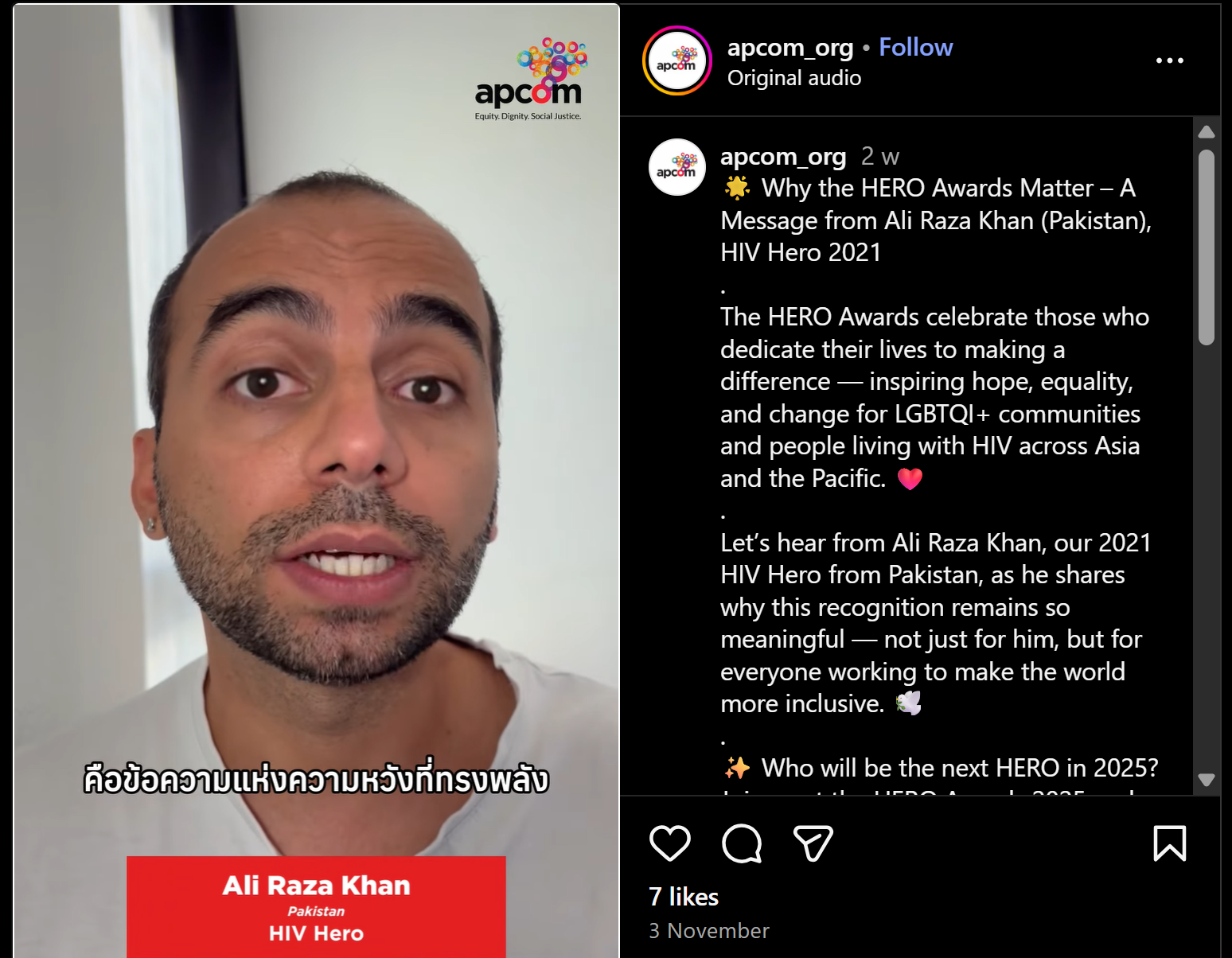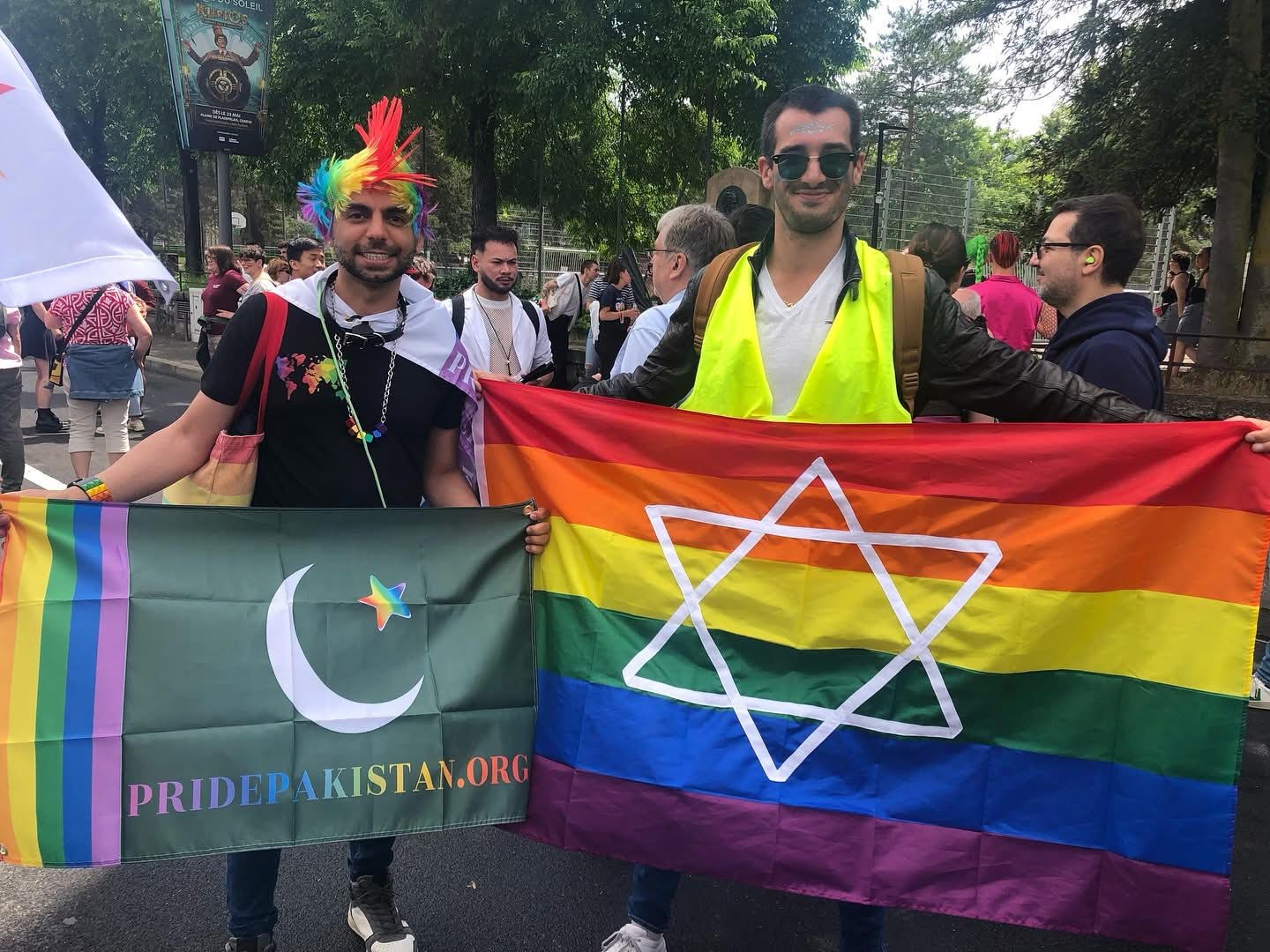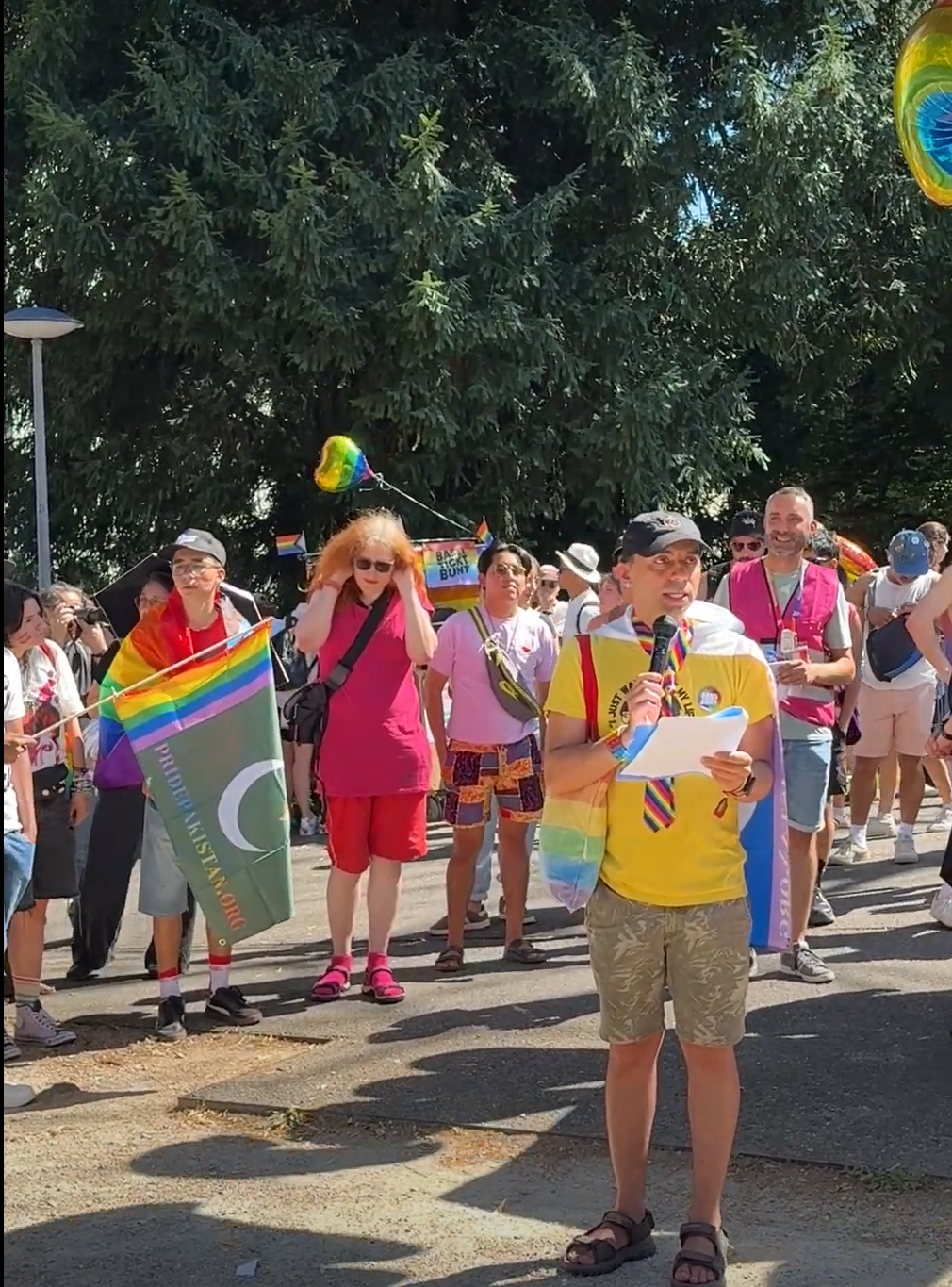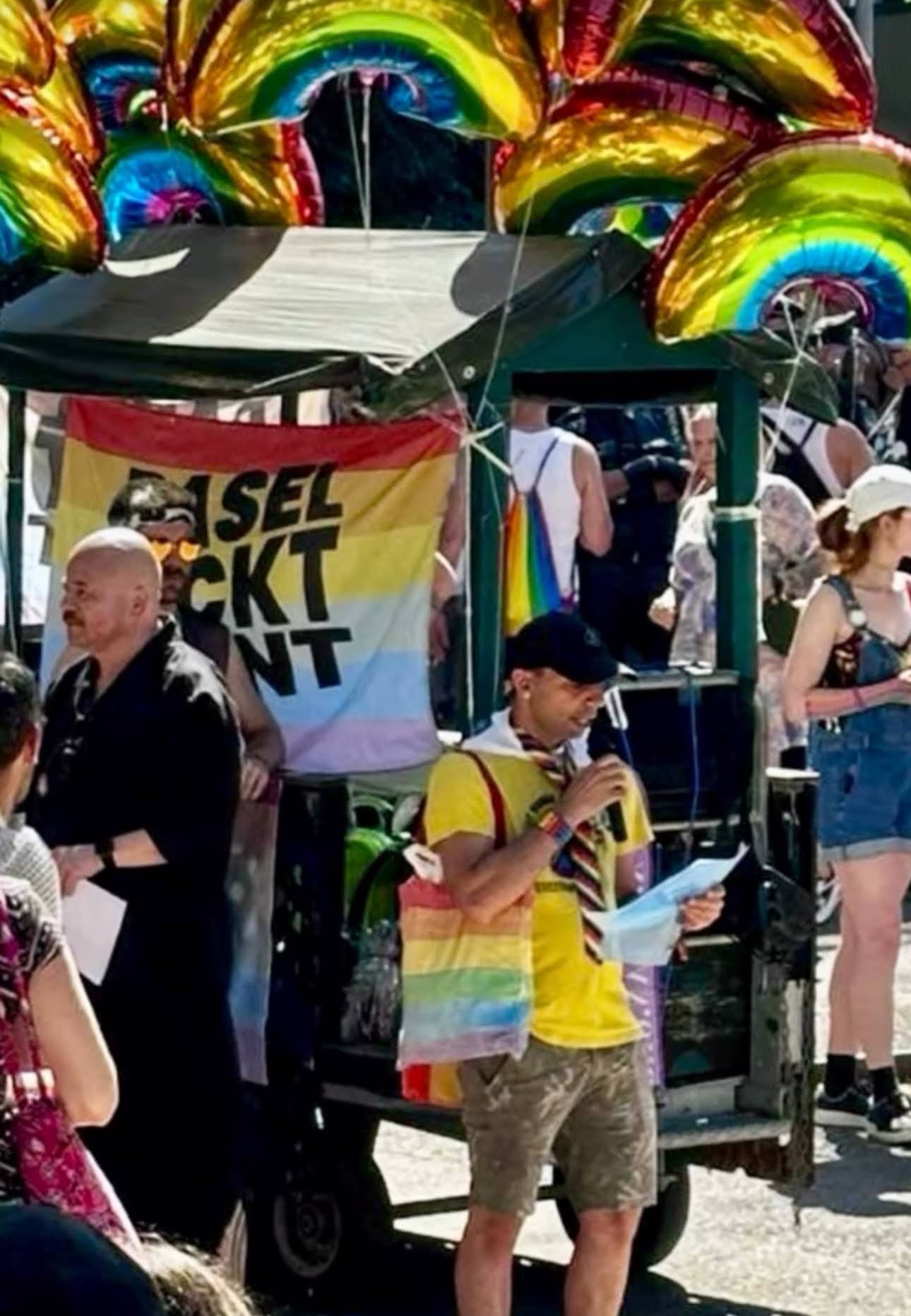Tag: Pakistan & Pakistani
-
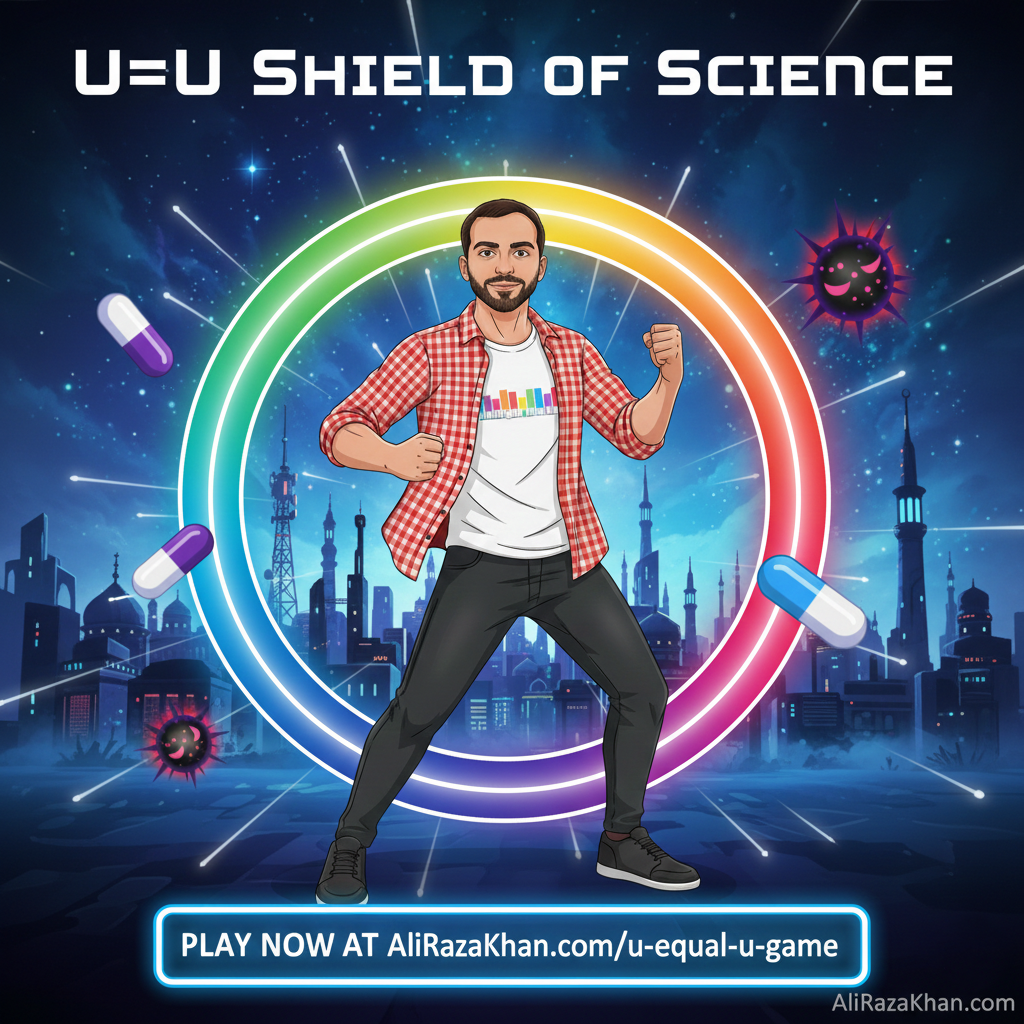
Play U=U Shield of Science: A New Interactive Artivism Experience by Ali Raza Khan
As a gay individual living with HIV and a dedicated activist in Pakistan, my work has always sat at the intersection of research, activism, and art. Today, I am proud to announce the latest piece of my digital “Artivism” portfolio: The U=U Shield of Science Game. In a country where HIV stigma is often fueled…
-
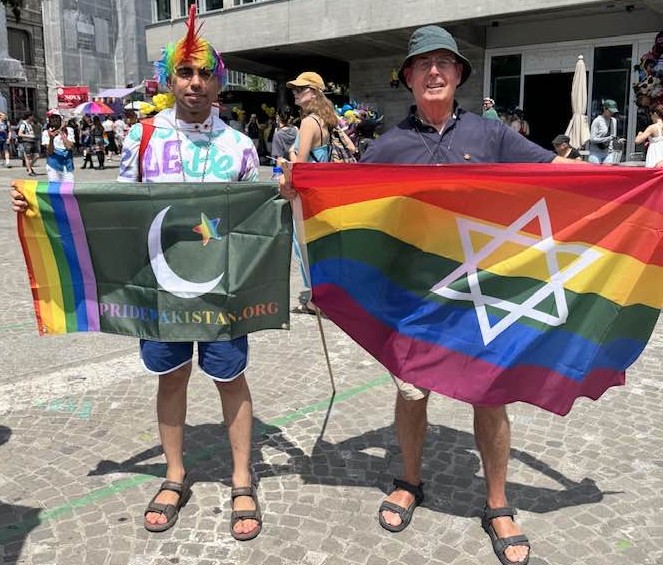
Beyond Borders: When Pakistan and Israel Meet at Pride
There are moments in life that feel like more than just a photograph. They feel like a blueprint for the future. Recently, at Pride Geneva, I had the honor of standing alongside Leo from Queers Against Antisemitism (QgA). In my hand, I held the Pakistani Muslim rainbow flag; in his, the Jewish rainbow flag. In…
-
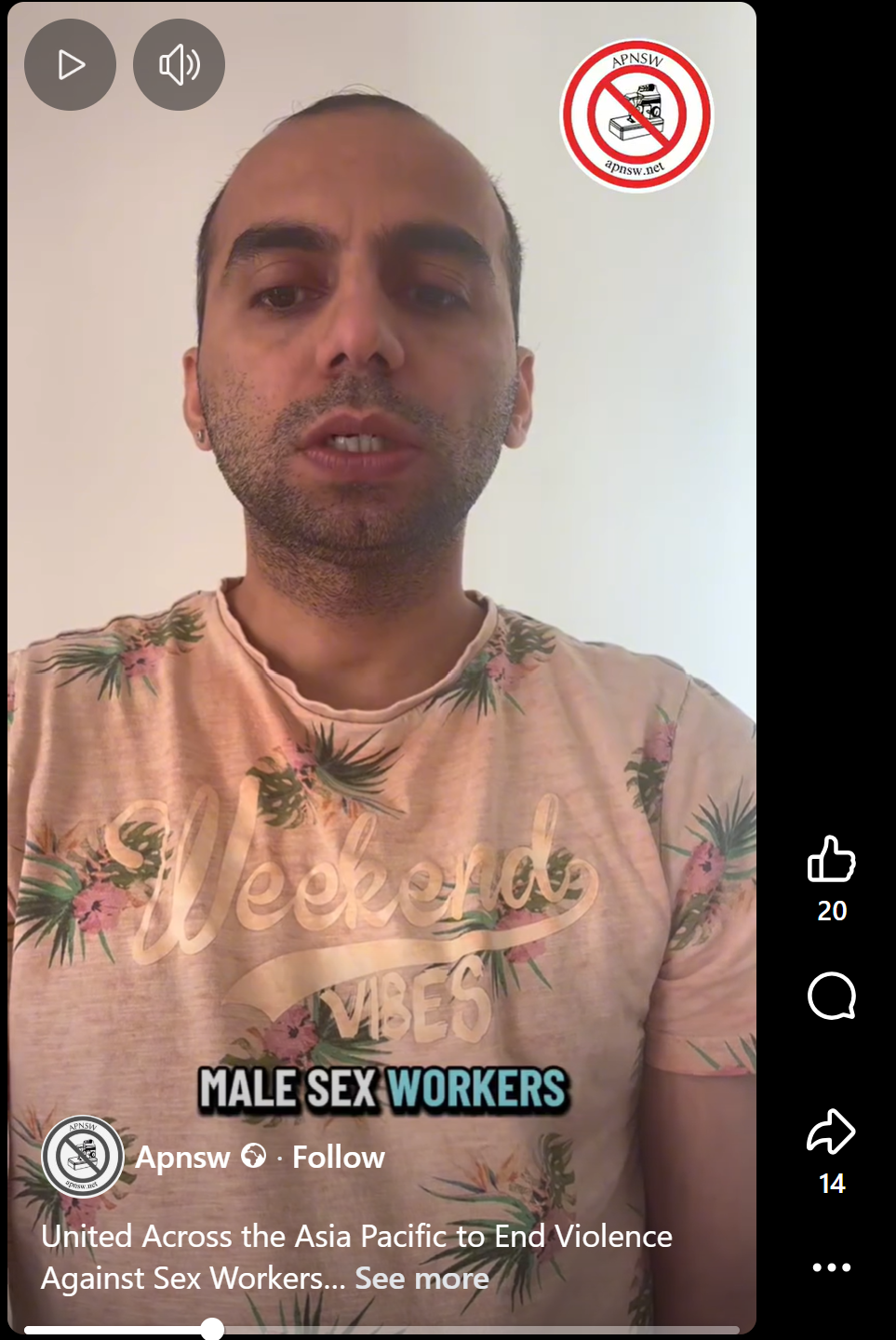
Standing in Global Solidarity: My Message for the International Day to End Violence Against Sex Workers
I am proud to share that my voice has been featured alongside fellow activists from across the Asia Pacific in a powerful new campaign by the Asia Pacific Network of Sex Workers (APNSW). To mark the International Day to End Violence Against Sex Workers, we have come together to send a unified message to the…
-
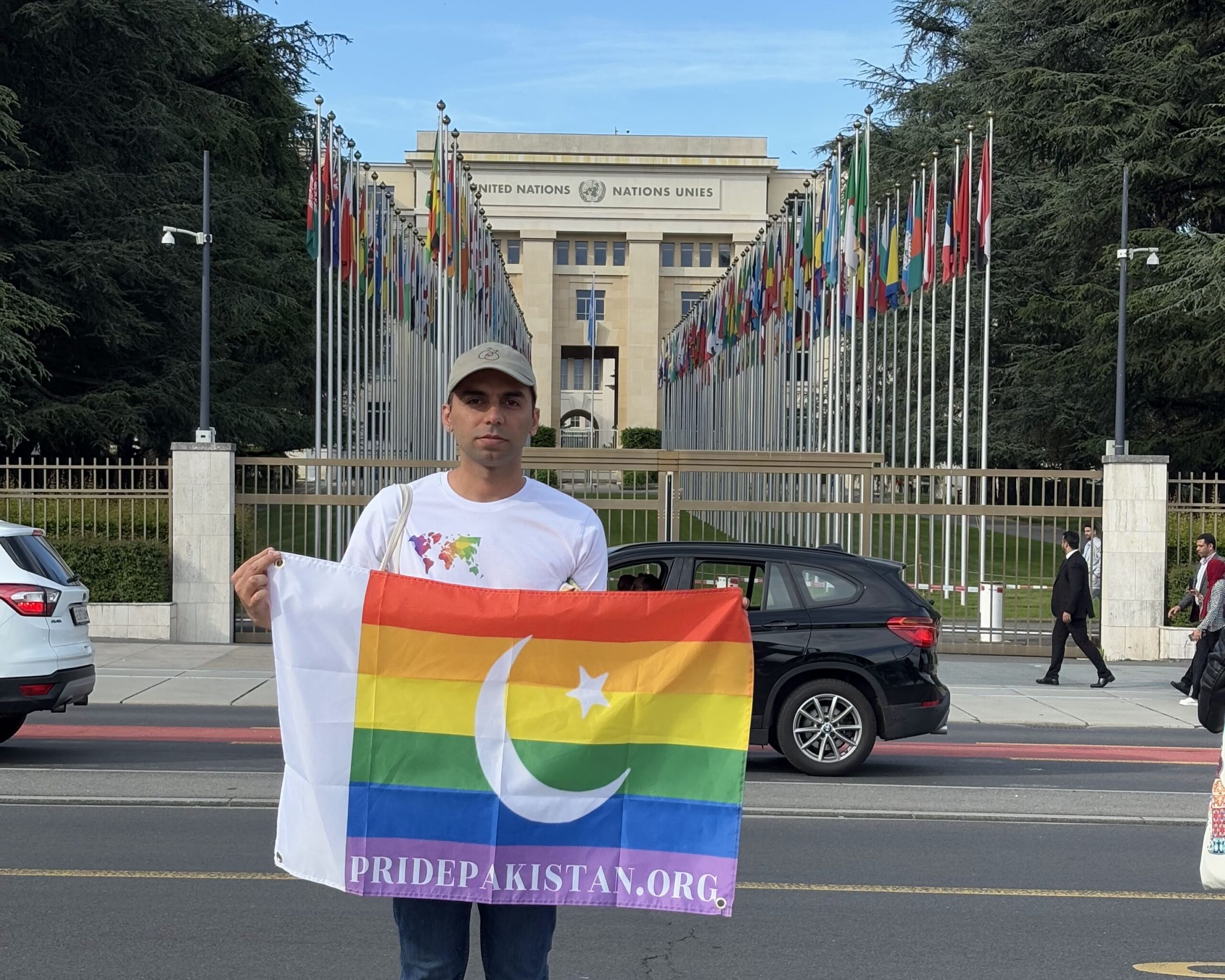
The Closing Walls: How Global Indifference is Fueling Pakistan’s War on its LGBTQI+ Community
By Ali Raza Khan Ali Raza Khan is a steering committee member of TheYouthPACT, an HIV-positive gay activist, and lives with PTSD. There’s a particular kind of silence that haunts you when you live at the intersection of identities the world wishes to erase. As a gay man, as an HIV-positive person, as an activist…
-
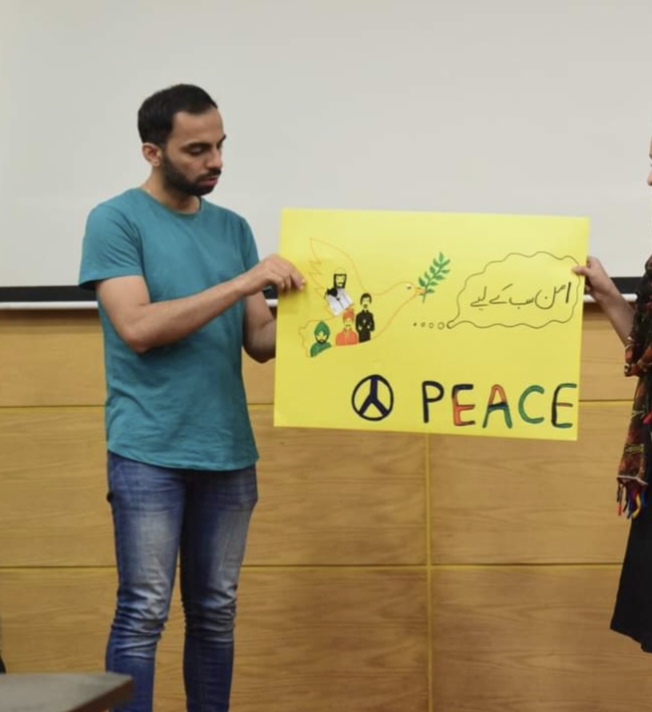
From Discrimination to Dialogue: A Peace-Builder’s Journey in Pakistan
Ali Raza Khan, a dedicated peace-builder from Multan, Pakistan, has been working since 2015 to combat the sectarian violence and discrimination that has plagued his country for decades. Drawing from his personal experiences as a member of the Shia Muslim community, Ali has channeled his struggles into a powerful force for change, training thousands of…
-
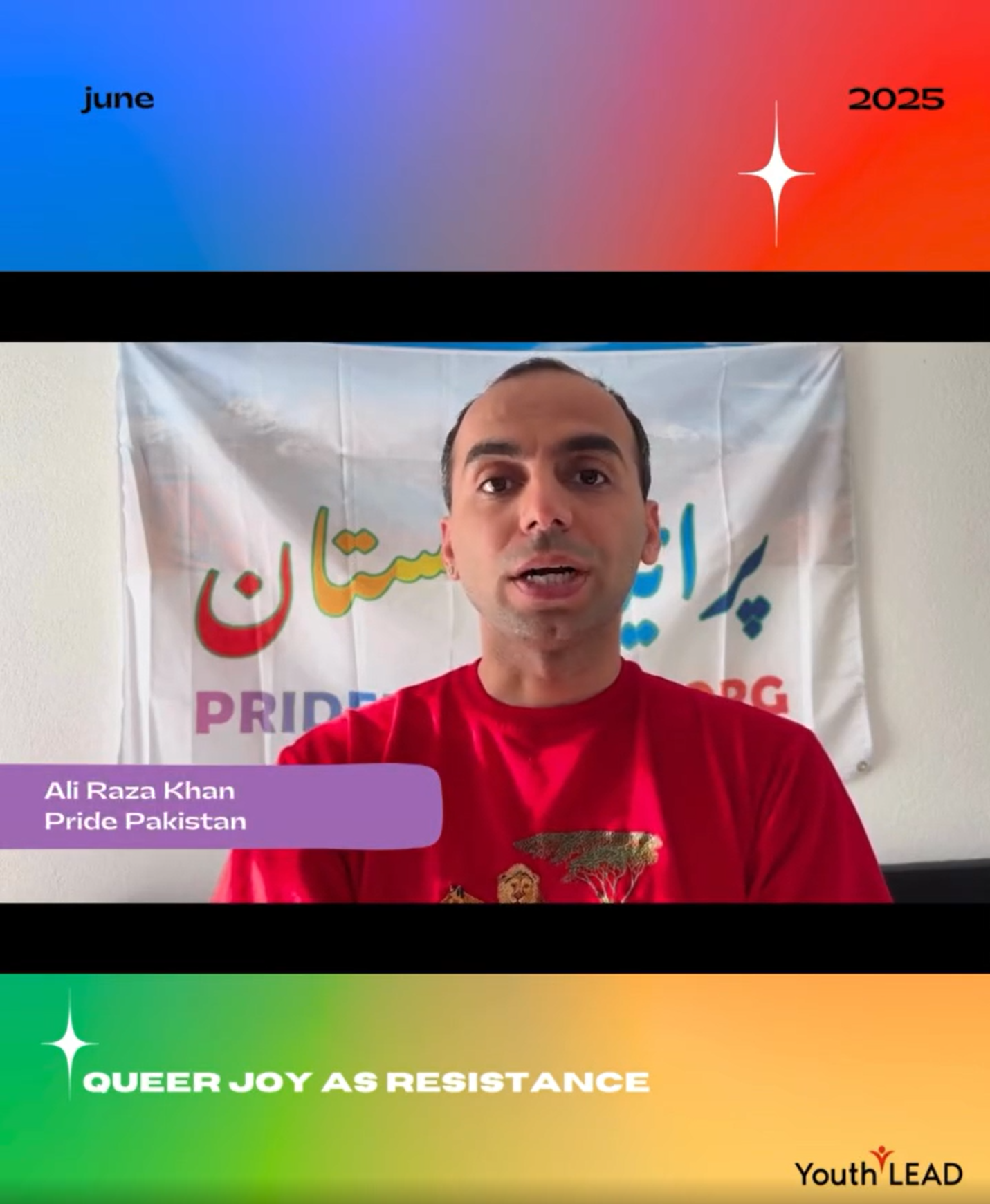
Laughter as Rebellion: My Pride 2025 Message on Queer Joy for Youth LEAD AP
Posted by Ali Raza Khan | June 5, 2025 Asalaam Alaikum and a very Happy Pride Month to all! This Pride Month, I was incredibly honoured to contribute a video message to the Asia Pacific Network of YKP (Youth LEAD AP) for their powerful series, “Queer Joy as Resistance.” As the founder of PridePakistan.org, a…
-
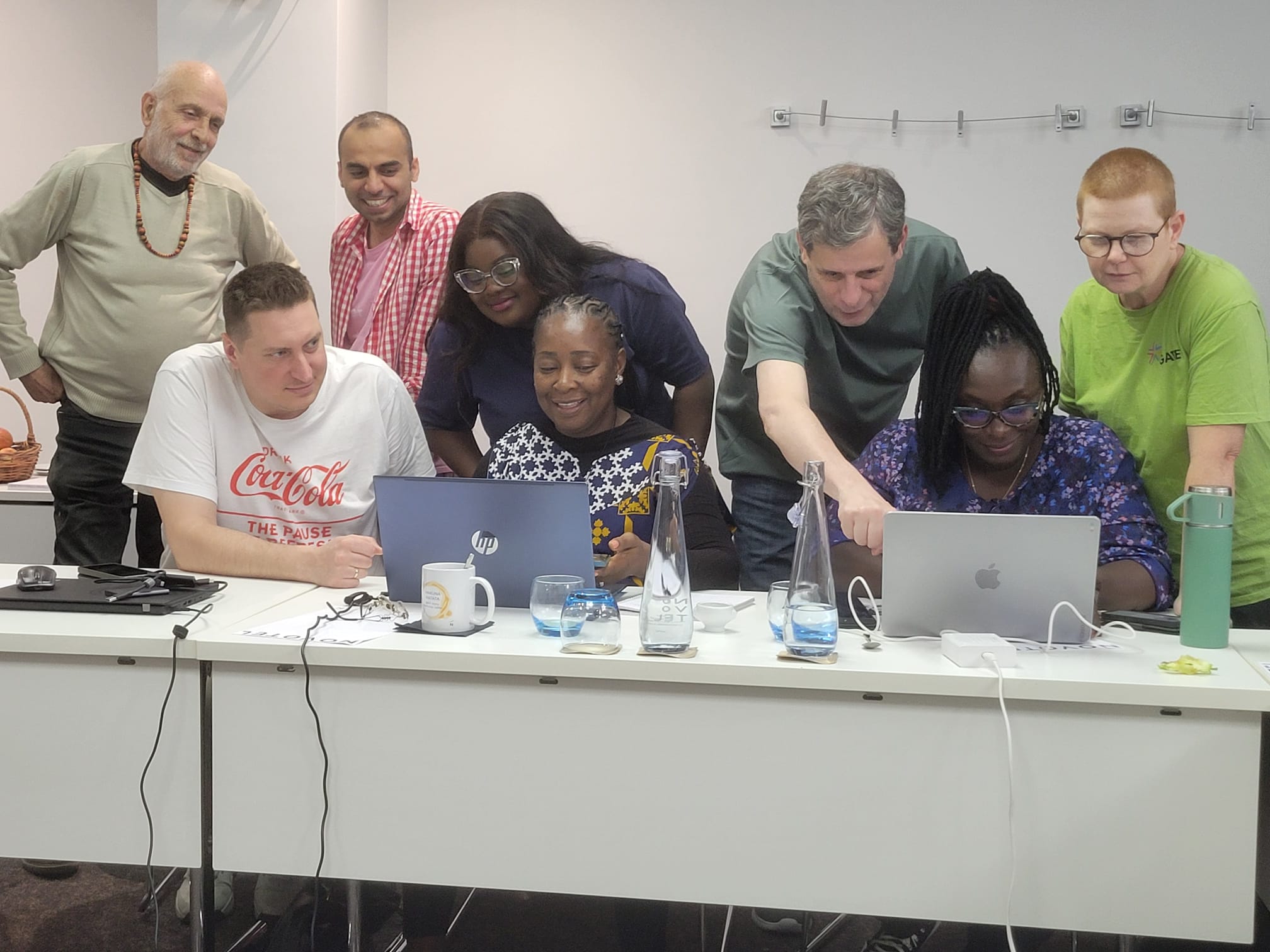
Communities Delegation Meets ahead of 53rd Global Fund Board Meeting
Held in Geneva I participated in the Communities Delegation preparation meeting as member of the delegation ahead of the 53rd global fund board meeting. The importance of meeting is significance after the pull out of US from major global entities they were funding. This brings the The Global Fund for HIV TB and Malaria programs…

